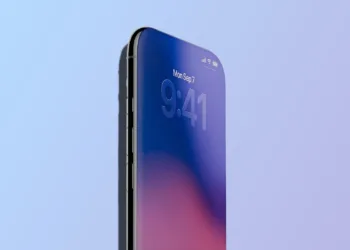Meta is incorporating a “personal boundary” system into its Horizon virtual reality experiences, to prevent harassment in the virtual world. In the Horizon Worlds creation platform and the Horizon Venues live event service, the new feature is enabled by default. It generates an invisible virtual barrier around avatars, stopping others from approaching too closely — however, you can still extend your arm to offer someone a fist bump or a high five.
The boundary system expands on an existing function that allows users to have their hands vanish if they get too close to another avatar. It creates the equivalent of four virtual feet between avatars, according to Meta. It provides everyone a two-foot radius of virtual personal space. Users cannot disable their limits, according to Meta spokesperson Kristina Milian, because the technology is designed to establish standard rules for how people interact in VR. Future updates, on the other hand, may allow users to choose the radius size.
If someone tries to walk or teleport into your area, they will be stopped in their tracks. However, you can still travel past another avatar, so users can’t utilize their bubbles to block entrances or trap individuals in virtual space, according to Milian.

Horizon Worlds was released to the public two months ago after a protracted period of beta testing. Meta’s adjustments are now being implemented. During that time, at least one beta user claimed that a stranger had molested her avatar. While the user described using the block feature to halt the harasser, Meta found that she hadn’t used all of her options and indicated a desire to make things like the block button “trivially easy and findable.”
Personal space bubbles are a basic feature on earlier VR social media platforms like VRChat and Rec Room, though users can adjust their size or turn them off. Some games, such as QuiVR, which was the site of one of the earliest documented cases of virtual reality sexual harassment, have added custom gestures that allow you to “push” an avatar away from you.
Also Read: Microsoft plans to test even more experimental features for Windows 11








